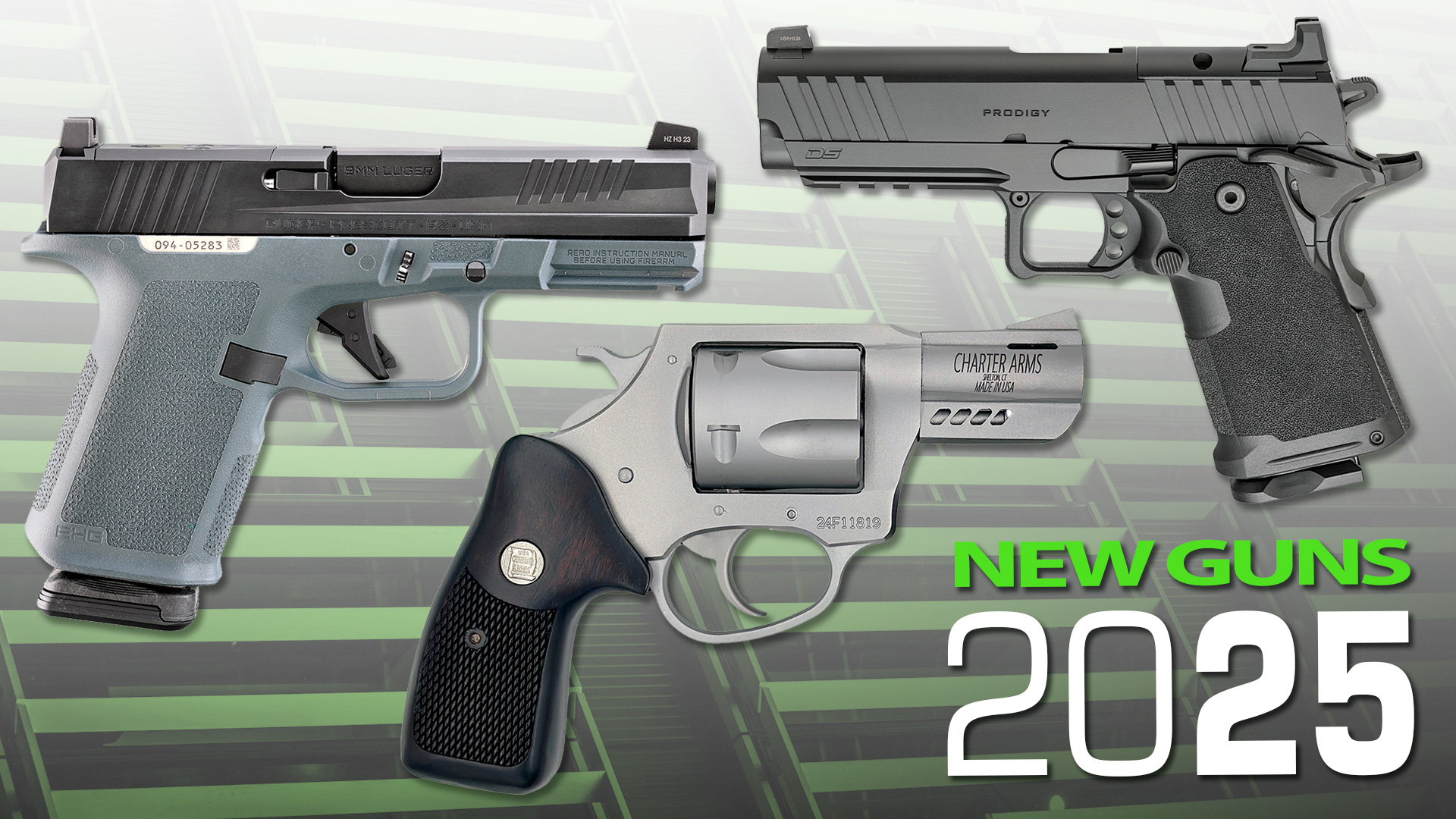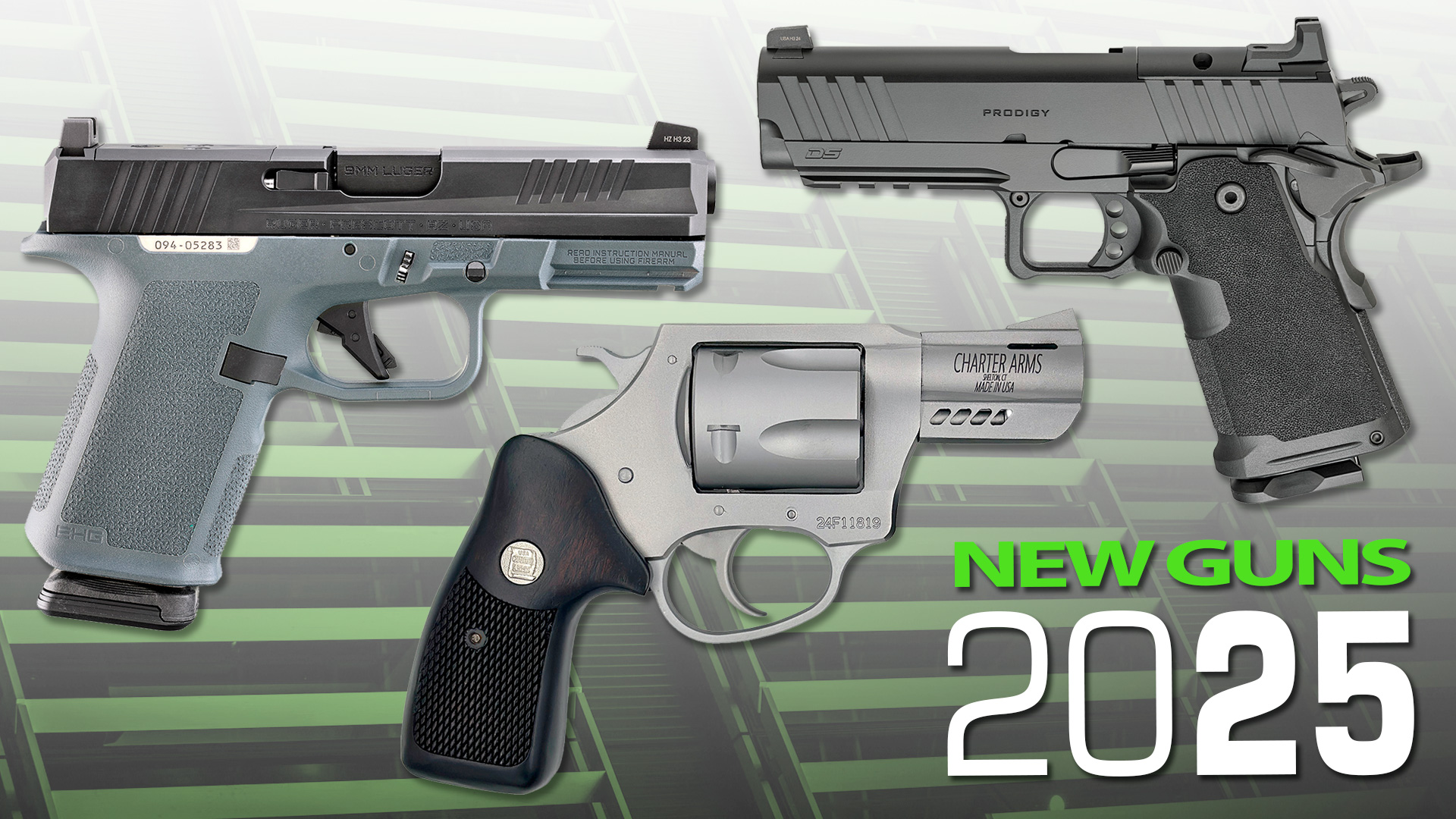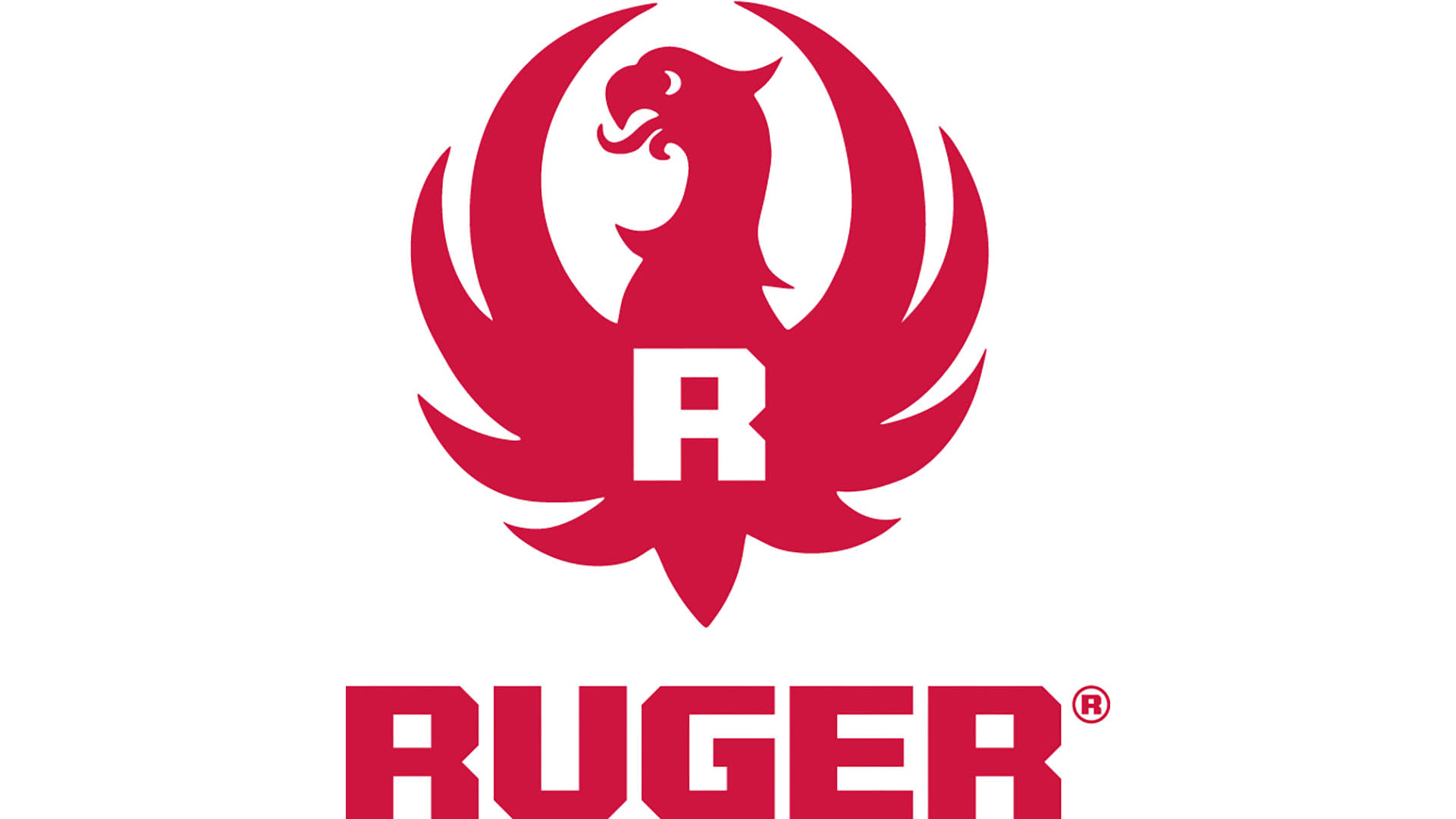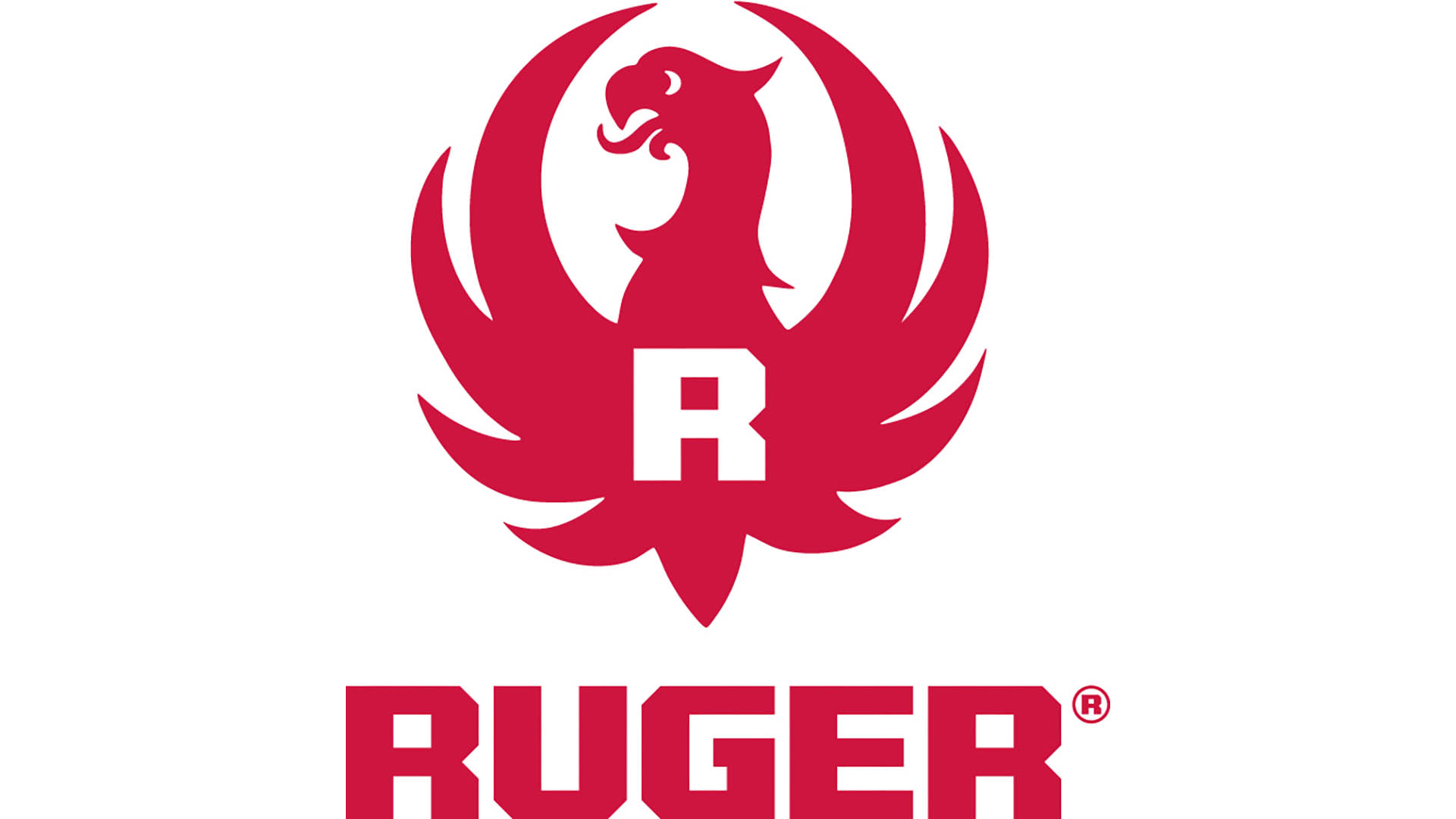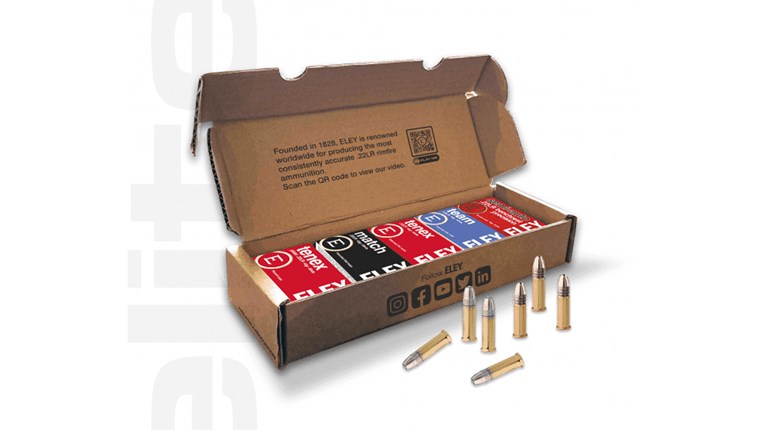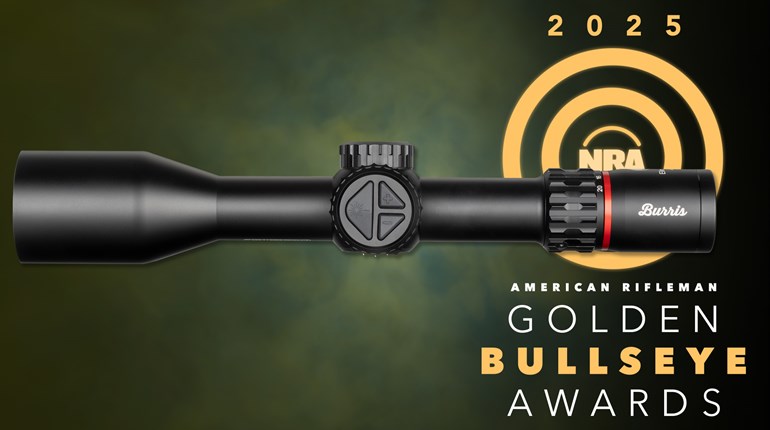
If you’ve been following the new gun introductions the past few years, you’ve likely noticed that there are a growing number of pistols entering the market that might best be termed Glock-compatible. It’s not hard to figure out why a company might imitate the Austrian pistols, as they enjoy a significant share of both the civilian and government markets.
Until recently, the newcomers have produced mostly niche items aimed at competition shooters, hot rodders and those who wanted to build their own pistol from scratch. Frequently, these alternatives were the same price or even higher than the original Glock pistol. Companies like Zev Technologies, Rival Arms, Lone Wolf and others offered updated components and even complete firearms. Most often, these components are seen as upgrades and are priced accordingly. However, there are now guns coming onto the scene that are less expensive than the Glock designs. Some significantly less expensive.
What does this mean for the shooting industry? Let's take a look at a completely different item from a completely different industry: The IBM Compatible Computer
I think there are lessons the firearms industry can learn from the computer industry. Consider the origins of the home computer market. In the early 1980s - the same time the first Glock pistols hit US shores - the personal computer industry was siloed. You could purchase a computer from one of only a few major companies such as IBM, Apple, Atari, Commodore and Tandy.
When you bought one of these systems, you essentially married into that family with its specific software and hardware options. There was almost no compatibility between the systems and you had to carefully shop to make sure you were buying a software application or game that would run on your computer. By the mid-1980s, however, legal "IBM PC clones" entered the market. The clones offered complete compatibility with the IBM products when using Microsoft's version of DOS and a third-party BIOS. The new computers were often hundreds of dollars less expensive than the IBM-branded machines.
The rest, as they say, was history. Due to their attractive pricing, compatible computers quickly took over the market and squeezed nearly everyone else out of the industry. While Apple survived, nearly all the other proprietary systems eventually died or just abandoned the computer hardware market - including IBM. That may be exactly where we are today in the firearms industry.
Don't see the firearms market leaving the few major brands for "cheap compatibles?" Consider the AR-15 market. Colt could be considered the IBM of the AR15 market. For a long time, the only AR-15-pattern rifle available had a prancing pony on it. But, something funny happened - small companies began manufacturing their own ARs. While the new ARs were called "mil-spec" instead of Colt-compatible, the results were similar in the firearms market to what we saw in the computer market: the commoditization of the platform through increased competition and a swelling supply that lead to substantial price drops.
If there is an IBM of the handgun world, it might be Glock. 
Glock's arrival to the market was a pivotal point in firearms history. Few gun designs have impacted sales and future development in the industry like the original Glock 17 did. No, the G17 wasn't the first striker-fired gun on the market. Nor was it the first firearm to use polymer as a major component of the gun. Instead, it was the right combination of materials and design that led to the company's rocket-like ascent to dominance in the market. Subsequently, the majority of handgun manufacturers developed a striker-fired pistol with a polymer frame.
But, all of those different designs still are siloed. In other words, you can't slap a Glock 17 magazine into your Smith & Wesson M&P9 M2.0 pistol. Likewise, if you buy a SIG P320, you need proprietary SIG SAUER magazines. Interestingly, the rise of so-called Glock clone pistols seems to be shifting that paradigm.
One of only several Glock clones introduced at SHOT Show 2020 was the Palmetto State Armory PS9 Dagger. It is pretty typical as a clone in that it uses the same trigger group and magazines as a Glock Gen3 handgun. From a user's perspective, it is just another Glock compatible pistol - which is the whole point, though. When people begin to ignore the branding for the features and cost, that is when Glock may find itself in trouble.
Because here's the deal: the new PSA PS9 pistol is roughly equivalent to the enormously popular Glock 19 - but with a $299 price tag.
The running joke in the business world used to be “No one was ever fired for buying IBM.” IBM was the reliable standard to which all others were compared. In some ways, Glock holds a similar position in the firearms world. The question remains to be seen if Glock will continue to innovate and offer tangible features that keep it ahead of the Glock clones? If it can’t, it may be the next IBM.
